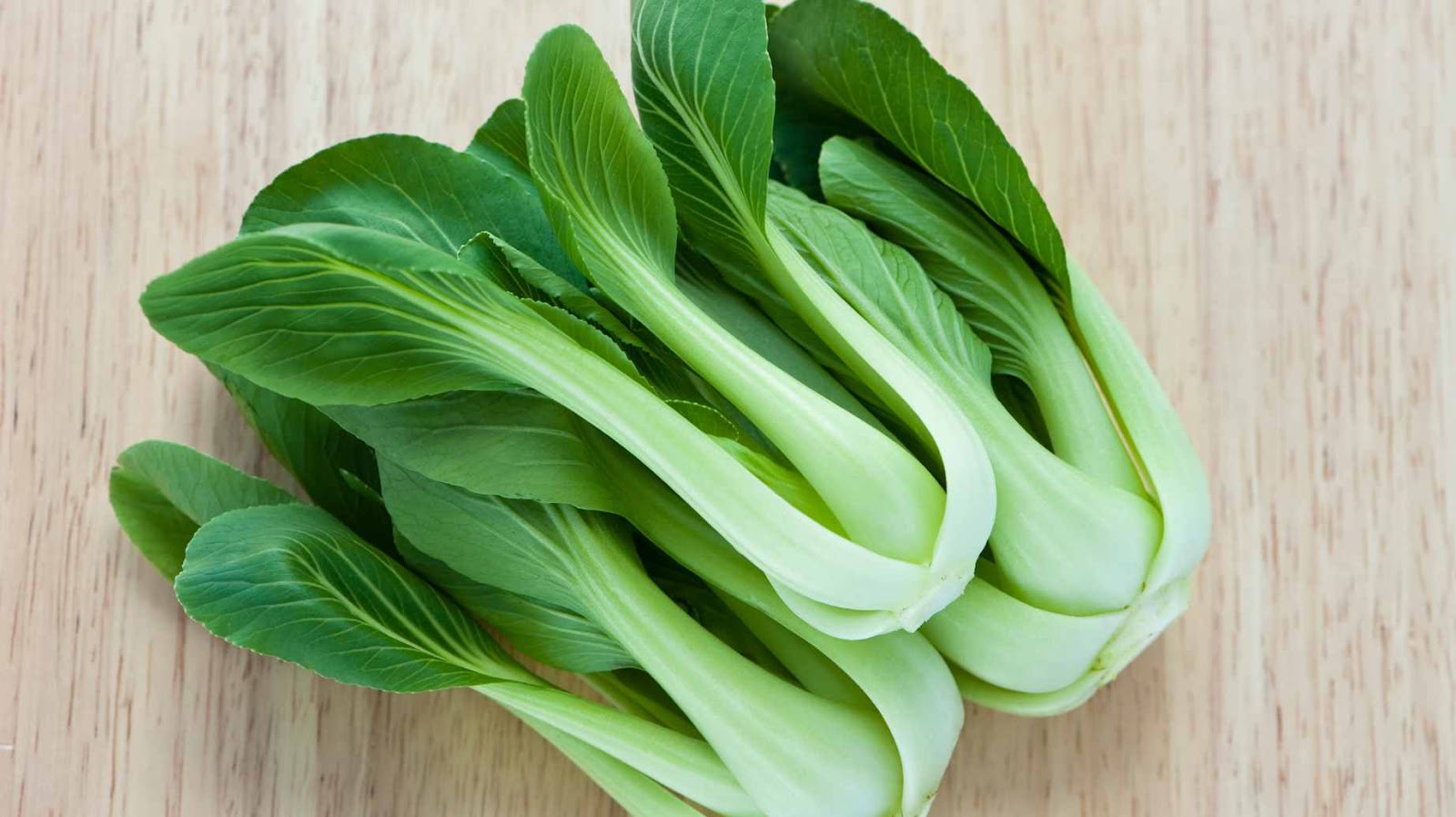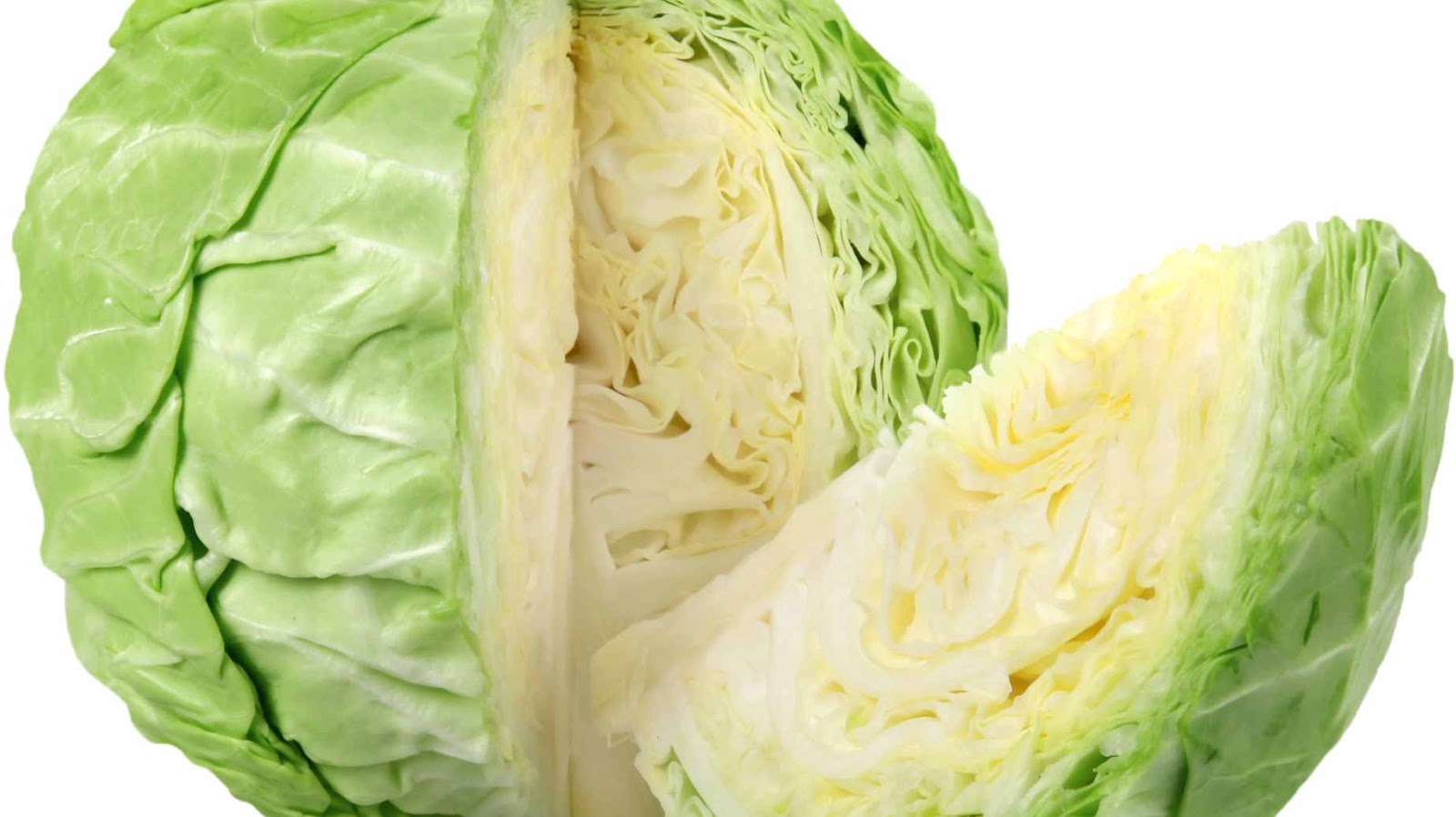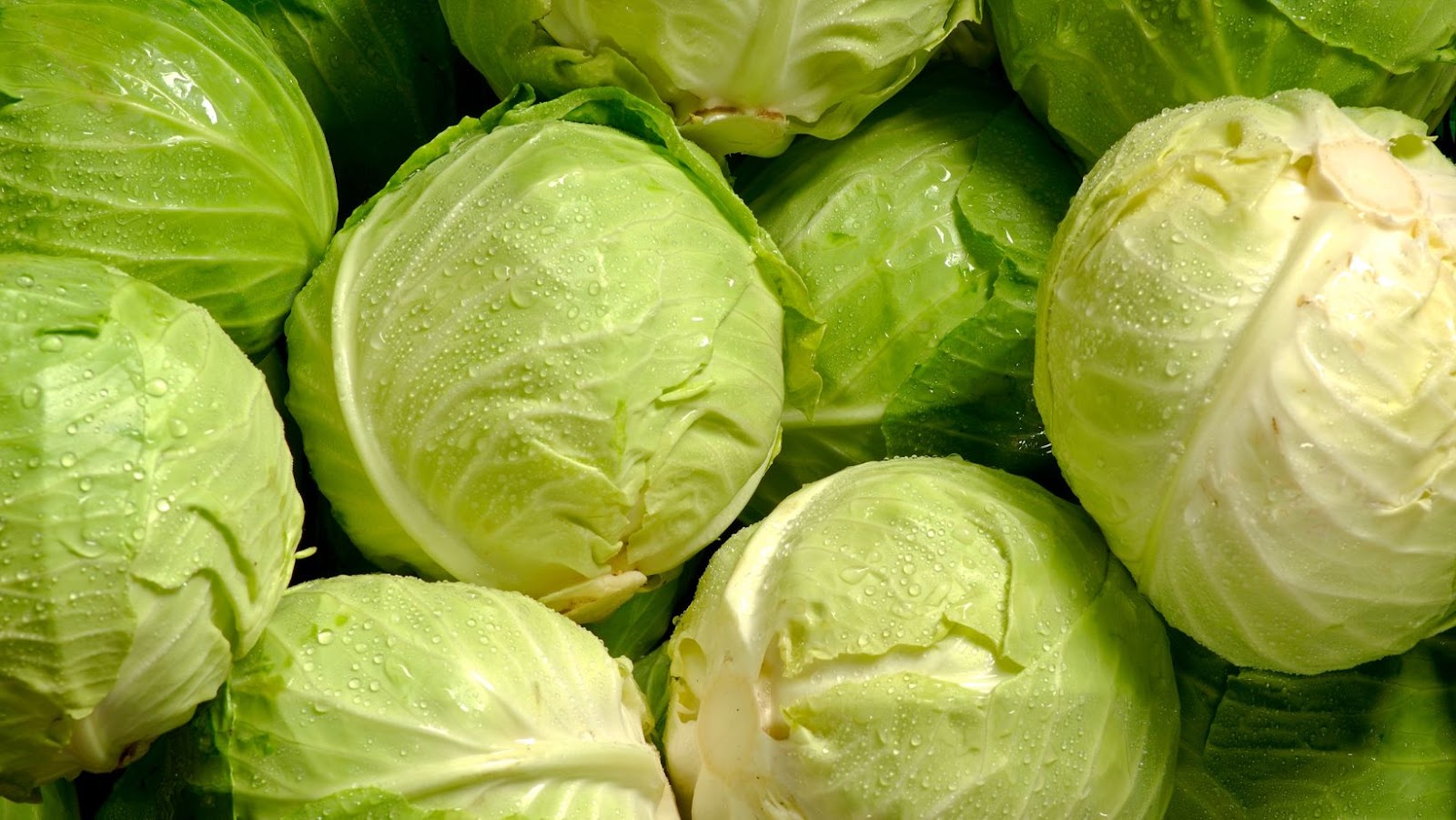Bok choy and cabbage are two of the most popular vegetables in the world. They are both members of the Brassica family, which also includes broccoli, kale, and Brussels sprouts.
Bok choy is a type of Chinese cabbage that is often used in stir-fries. It is a good source of vitamins A, C, and K, as well as calcium and iron.
Cabbage is a cruciferous vegetable that comes in many different varieties, including green, red, and Savoy. It is an excellent source of vitamins C and K, as well as fiber.
Both bok choy and cabbage are low in calories and fat, and they can be a part of a healthy diet. However, they differ slightly in their nutrient content.
Nutritional Value of Bok Choy
Bok choy, also known as Chinese cabbage, is a type of cabbage that is commonly used in Chinese cuisine. It is a good source of vitamins A, C, and K, as well as potassium and manganese. Bok choy is low in calories and fat, and it is a good source of dietary fiber.

One cup of chopped bok choy (100 grams) contains:
– 9 calories
– 2 grams of protein
– 0 grams of fat
– 2 grams of dietary fiber
– 7% of the Daily Value (DV) for vitamin A
– 58% of the DV for vitamin C
– 23% of the DV for vitamin K
– 10% of the DV for potassium
– 4% of the DV for manganese
Nutritional Value of Cabbage
Cabbage is a leafy green vegetable that is usually eaten cooked. It is low in calories but high in vitamins and minerals, making it a healthy food choice.
Bok choy, also known as Chinese cabbage, is a type of cabbage that is commonly used in Asian cuisine. It has a milder flavor than regular cabbage and is often used in soups and stir-fries.
Both bok choy and cabbage are excellent sources of Vitamin C. Vitamin C is a water-soluble vitamin that is necessary for many body functions, including the production of collagen and the absorption of iron. It also has antioxidant properties that can help protect the body from damage caused by free radicals.
Bok choy and cabbage are also good sources of fiber. Fiber is important for maintaining digestive health and preventing constipation. It can also help to lower cholesterol levels and keep blood sugar levels under control.
Bok Choy vs Cabbage
Bok choy and cabbage are two vegetables that are often used interchangeably in recipes. They have a similar nutritional profile, but there are some subtle differences between the two.
Bok choy is a type of Chinese cabbage that is lower in calories and carbohydrates than its Western counterpart. It is an excellent source of vitamins A and C, as well as calcium and iron. Bok choy can be eaten raw or cooked, and is often used in stir-fries and soups.

Cabbage is a member of the cruciferous vegetable family, which also includes broccoli, Brussels sprouts, and kale. It is slightly higher in calories than bok choy, but is a good source of fiber and vitamins C and K. Cabbage can also be eaten raw or cooked, and is commonly used in coleslaws and stews.
So, which vegetable is the better choice? Both bok choy and cabbage are nutritious options that can be part of a healthy diet. The best way to determine which one to use in a recipe is to consider the flavors you want to achieve. For a more mellow flavor, go with bok choy. If you’re looking for something with a little more bite, cabbage might be the better option.
Conclusion
In conclusion, bok choy and cabbage are both excellent sources of nutrients. They are low in calories and fat, and they are a good source of fiber. They contain vitamins A, C, and K, as well as numerous minerals. Bok choy is slightly higher in nutrients than cabbage, but both vegetables are nutrient-dense and healthful choices.
